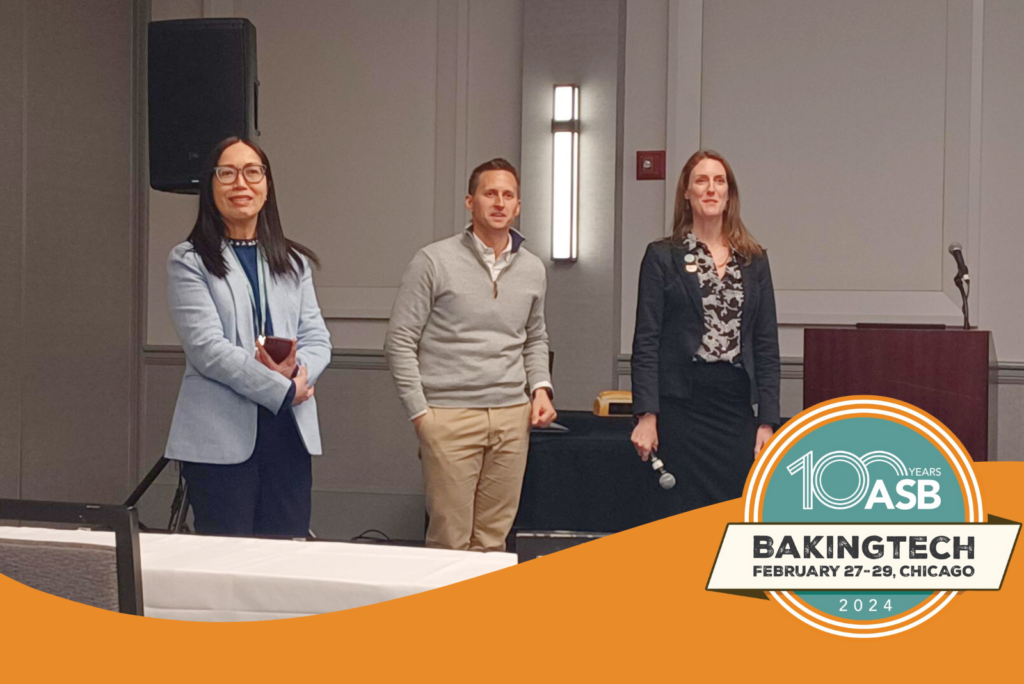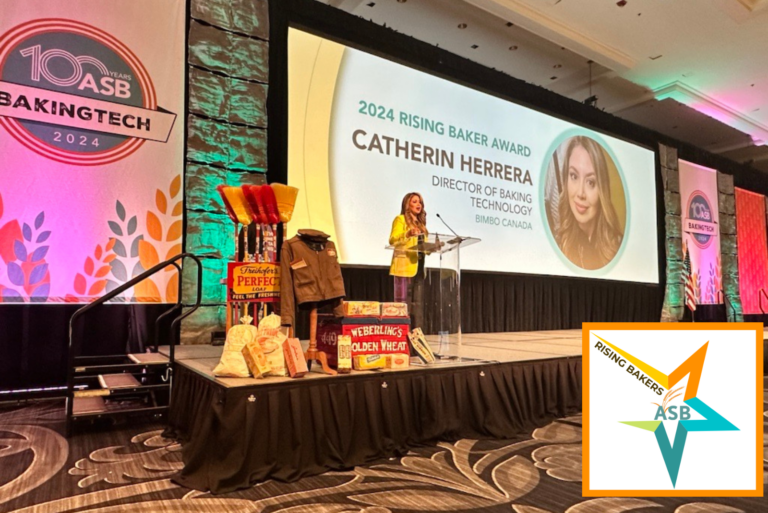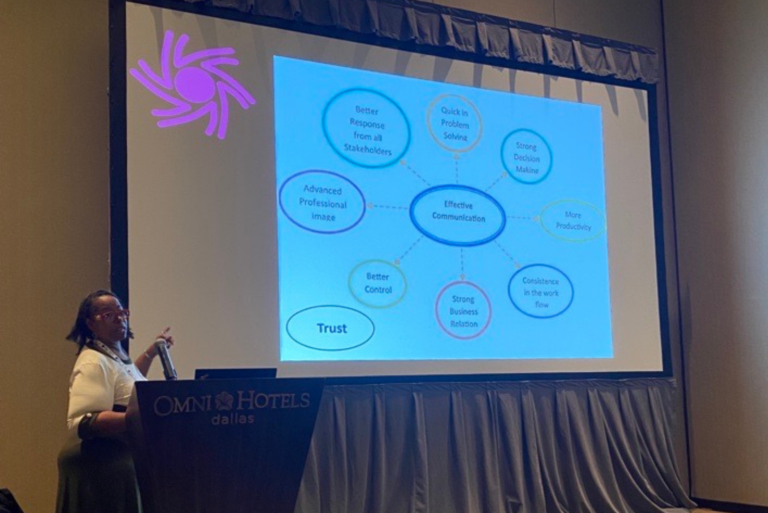BNEF’s baking industry recruitment efforts
When Hinds took the stage, he talked about BNEF’s “Your Future in Baking” initiative, which stemmed from efforts to recruit students to Kansas State University’s bakery science program. Those efforts have expanded into a push to increase overall industry awareness, and, more specifically, an awareness of career opportunities available in the baking industry.
“We’ve been talking about how the baking industry is deficient in employees in all areas of production, including leadership skills, problem-solving skills, decision-making skills and baking industry-specific skills since at least 2016,” Hinds said, citing difficulties such as identifying talent pools, finding candidates with needed skills, making baking manufacturing appealing and a lack of awareness of the baking industry as top obstacles.
“BNEF chose to focus on increasing awareness of the baking industry,” he added. “There have been some great individual efforts in the industry to increase awareness and talent acquisition. Yet, what BNEF hasn’t seen is a unified response to how we’re going to do this together, and we want to be the leader in that effort.”
The “Your Future in Baking” initiative involves boots-on-the-ground, grassroots efforts to connect with high schools and community organizations, which provide opportunities to talk directly with students about the baking industry, career options and paths into the industry that don’t require a college education.
While the organization has a robust digital presence that includes a website with a toolkit for prospective employees looking for jobs and social media outreach, the bulk of its recruitment efforts has been more active.
“We physically go into schools try to connect with students on a personal level,” Hinds said. “We tell the industry’s story and share our career paths.”
Since the initiative launched in 2021, BNEF has presented to more than 2,500 high school students, teachers and administrators.










